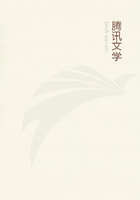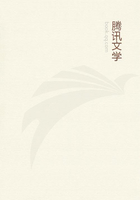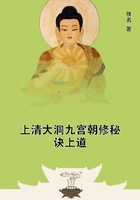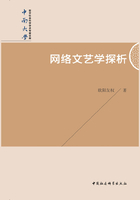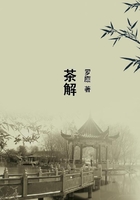On Friday July 12. the Committee appointed to draw the articles of confederation reported them, and on the 22d. the house resolved themselves into a committee to take them into consideration. On the 30th. & 31st. of that month & 1st. of the ensuing, those articles were debated which determined the proportion or quota of money which each state should furnish to the common treasury, and the manner of voting in Congress. The first of these articles was expressed in the original draught in these words. "Art. XI. All charges of war & all other expenses that shall be incurred for the common defence, or general welfare, and allowed by the United States assembled, shall be defrayed out of a common treasury, which shall be supplied by the several colonies in proportion to the number of inhabitants of every age, sex & quality, except Indians not paying taxes, in each colony, a true account of which, distinguishing the white inhabitants, shall be triennially taken & transmitted to the Assembly of the United States."Mr. [Samuel] Chase moved that the quotas should be fixed, not by the number of inhabitants of every condition, but by that of the "white inhabitants." He admitted that taxation should be alwais in proportion to property, that this was in theory the true rule, but that from a variety of difficulties, it was a rule which could never be adopted in practice. The value of the property in every State could never be estimated justly & equally. Some other measure for the wealth of the State must therefore be devised, some standard referred to which would be more simple. He considered the number of inhabitants as a tolerably good criterion of property, and that this might alwais be obtained. He therefore thought it the best mode which we could adopt, with one exception only. He observed that negroes are property, and as such cannot be distinguished from the lands or personalities held in those States where there are few slaves, that the surplus of profit which a Northern farmer is able to lay by, he invests in cattle, horses, &c. whereas a Southern farmer lays out that same surplus in slaves. There is no more reason therefore for taxing the Southern states on the farmer's head, & on his slave's head, than the Northern ones on their farmer's heads &the heads of their cattle, that the method proposed would therefore tax the Southern states according to their numbers & their wealth conjunctly, while the Northern would be taxed on numbers only: that negroes in fact should not be considered as members of the state more than cattle & that they have no more interest in it.
Mr. John Adams observed that the numbers of people were taken by this article as an index of the wealth of the state, & not as subjects of taxation, that as to this matter it was of no consequence by what name you called your people, whether by that of freemen or of slaves. That in some countries the labouring poor were called freemen, in others they were called slaves; but that the difference as to the state was imaginary only. What matters it whether a landlord employing ten labourers in his farm, gives them annually as much money as will buy them the necessaries of life, or gives them those necessaries at short hand. The ten labourers add as much wealth annually to the state, increase it's exports as much in the one case as the other. Certainly 500 freemen produce no more profits, no greater surplus for the paiment of taxes than 500 slaves.
Therefore the state in which are the labourers called freemen should be taxed no more than that in which are those called slaves. Suppose by any extraordinary operation of nature or of law one half the labourers of a state could in the course of one night be transformed into slaves: would the state be made the poorer or the less able to pay taxes? That the condition of the laboring poor in most countries, that of the fishermen particularly of the Northern states, is as abject as that of slaves. It is the number of labourers which produce the surplus for taxation, and numbers therefore indiscriminately, are the fair index of wealth. That it is the use of the word "property" here, & it's application to some of the people of the state, which produces the fallacy. How does the Southern farmer procure slaves? Either by importation or by purchase from his neighbor. If he imports a slave, he adds one to the number of labourers in his country, and proportionably to it's profits &abilities to pay taxes. If he buys from his neighbor it is only a transfer of a labourer from one farm to another, which does not change the annual produce of the state, & therefore should not change it's tax. That if a Northern farmer works ten labourers on his farm, he can, it is true, invest the surplus of ten men's labour in cattle:
but so may the Southern farmer working ten slaves. That a state of one hundred thousand freemen can maintain no more cattle than one of one hundred thousand slaves. Therefore they have no more of that kind of property. That a slave may indeed from the custom of speech be more properly called the wealth of his master, than the free labourer might be called the wealth of his employer: but as to the state, both were equally it's wealth, and should therefore equally add to the quota of it's tax.
Mr. [Benjamin] Harrison proposed as a compromise, that two slaves should be counted as one freeman. He affirmed that slaves did not do so much work as freemen, and doubted if two effected more than one. That this was proved by the price of labor. The hire of a labourer in the Southern colonies being from 8 to pound 12. while in the Northern it was generally pound 24.

